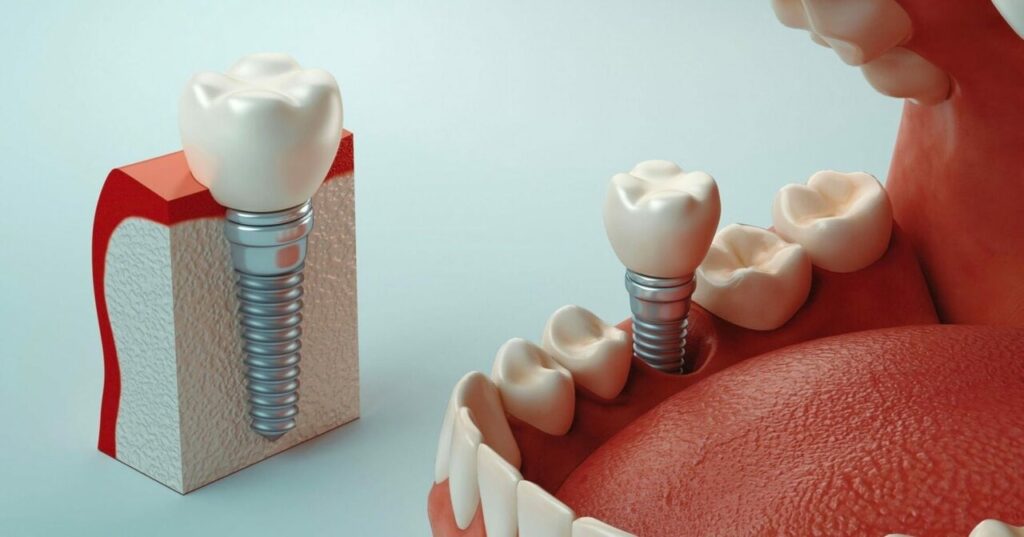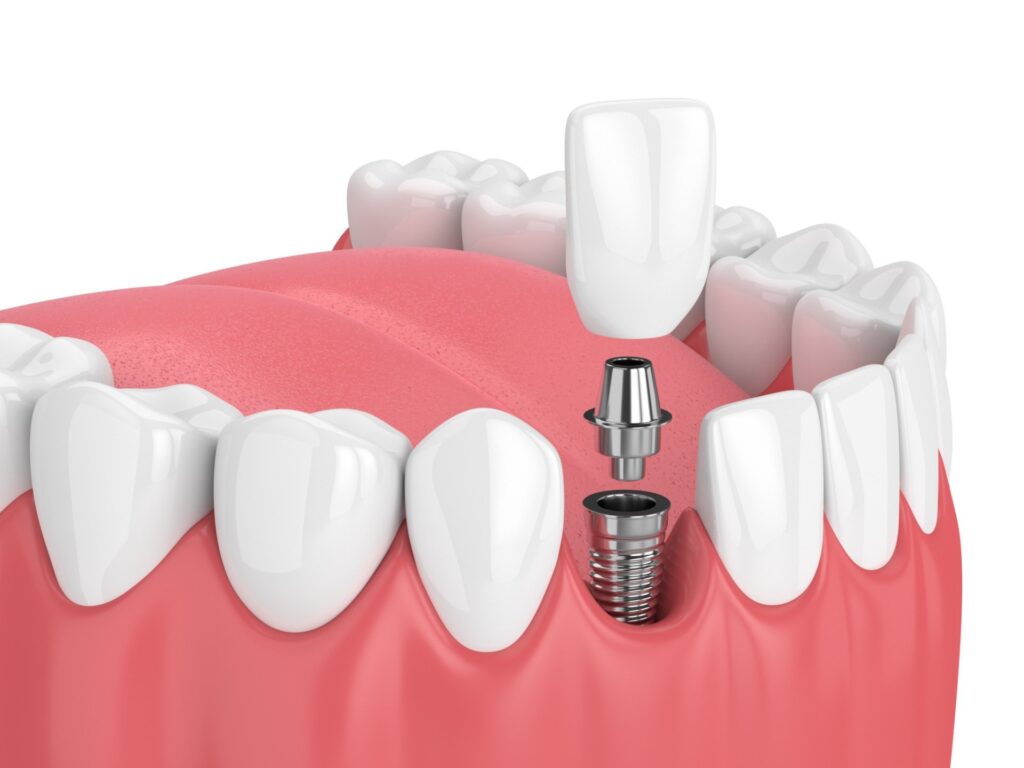
Dental implants are a popular solution for tooth loss, offering both functionality and aesthetics. However, many people are concerned about the high cost of dental implants. In the UK and elsewhere, this procedure can be expensive due to the materials used, dentist expertise, and lab work involved. But the good news is—there are effective ways to reduce stem cell dental implants costs without compromising on quality.
In this article, we’ll explore cost-saving options, financial assistance tips, and alternative approaches to help you achieve a confident smile—without breaking the bank.
Why Are Dental Implants So Expensive?
Breakdown of Costs
Dental implant costs typically include:
- Consultation and diagnostics (X-rays, CT scans)
- Surgical placement of the implant post
- Abutment and crown placement
- Aftercare and follow-up appointments
High-Quality Materials and Technology
Implants are made from biocompatible titanium and require high-precision lab work. This ensures durability and a natural look, but also adds to the expense.
Expertise and Clinic Location
Implant procedures require skilled professionals and are often done in specialized clinics. Urban dental practices may charge more due to higher overhead costs.
Practical Ways to Reduce Dental Implant Costs
1. Choose a Dental School Clinic
Supervised Procedures at a Lower Cost
Many dental universities offer implant services performed by students under expert supervision. This can reduce the cost by 40–60% compared to private clinics.
2. Consider Dental Tourism
Travel Abroad for Affordable Treatment
Countries like Turkey, Hungary, and Poland offer high-quality dental implants at a fraction of UK prices. Ensure the clinic is certified and reputable before traveling.
3. Shop Around and Compare Quotes
Get Multiple Consultations
Prices can vary significantly between dentists. Get at least 3 quotes and ask for a detailed breakdown of what’s included in each estimate.
4. Ask About Payment Plans
Spread the Cost Over Time
Many private dental practices offer interest-free finance options or monthly installment plans to make the cost more manageable.
5. Check if NHS Help is Available
NHS Doesn’t Cover Implants—But Exceptions Exist
While the NHS doesn’t typically fund implants, they may be offered in special cases (e.g., trauma, cancer, or congenital conditions). Speak to your NHS dentist about eligibility.
6. Look for Dental Insurance with Implant Coverage
Not All Policies Include Implants
Choose dental insurance that explicitly covers implants or offers partial reimbursement. Compare premiums vs potential savings before committing.
7. Opt for Mini Implants or Alternatives
Smaller, Less Expensive Options
Mini dental implants use smaller posts and can be a less costly alternative, especially for securing dentures.
8. Choose Acrylic or Zirconia Crowns Over Porcelain
Save on Crown Materials
Crowns made of zirconia or acrylic are generally more affordable than high-end ceramic crowns and still offer durability.
9. Look for New Patient Promotions or Seasonal Discounts
Take Advantage of Deals
Some clinics offer discounts for new patients, bundle packages, or holiday promotions. Don’t hesitate to ask!

Risks of Opting for Cheap Implants
Low Cost Can Mean Low Quality
Avoid cutting corners by choosing unlicensed clinics or non-certified materials. Poorly done implants can lead to infection, implant failure, or bone loss.
Always Check Reviews and Certifications
Research the dentist’s qualifications, check Google and Trustpilot reviews, and ensure they are registered with the General Dental Council (GDC) in the UK.
Are There Charities or Grants for Dental Implants?
Limited Options in the UK
Some non-profits and oral health foundations offer limited support. You may also qualify through clinical trials or case study programs in teaching hospitals.
FAQs About Reducing Dental Implant Costs
Q1. Can I get dental implants on the NHS?
A: Only in rare cases such as trauma, congenital absence, or cancer. Most patients must seek private care.
Q2. Are dental implants cheaper abroad?
A: Yes, dental tourism can save up to 70%, but you must ensure the clinic is reputable and offers aftercare support.
Q3. How can I make implants more affordable in the UK?
A: Consider dental school clinics, shop around, choose mini implants, or inquire about 0% interest payment plans.
Q4. Are there risks to going the cheaper route?
A: Yes, poor-quality materials or unskilled practitioners can lead to complications. Balance affordability with safety.
Q5. Is insurance helpful in reducing implant costs?
A: Some private dental insurance plans do cover implants. Read the terms carefully and compare before buying.
Conclusion
Dental implants are a long-term investment in your oral health and confidence—but they don’t have to drain your finances. With smart research, cost comparisons, and affordable alternatives, you can find ways to make dental implants more accessible now. Whether you choose a dental school, travel abroad, or find a clinic with payment plans, you don’t have to sacrifice quality for cost.
